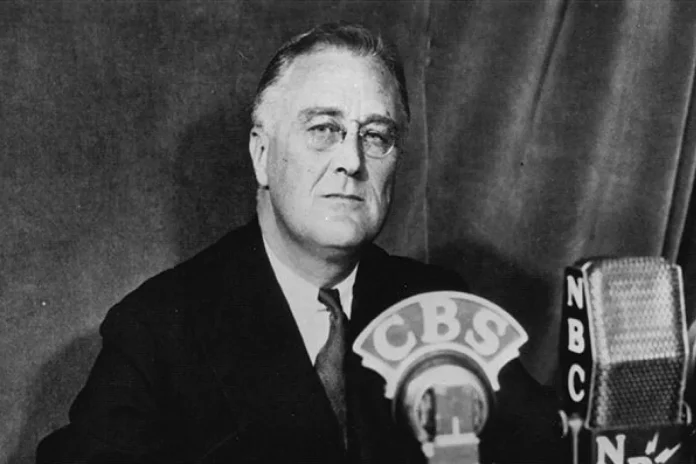All started with Franklin D. Roosevelt’s decision to drop Henry Wallace in favour of Harry Truman as World War II approached its conclusion, with the US stepping onto a questionable path, according to Antiwar.com.
Roosevelt’s foreign policy was to be based on the concepts of cooperation and mutuality, on recognising the interests of the great powers and appreciating the national aspirations of what is now called the Global South. Roosevelt’s successor, however, stifled his vision of peace.
Beginning with the National Security Act of 1947 and then with NSC 68 of 1950, US foreign policy under Truman took on a messianic colouring.
In assessing US foreign policy of the last three years, one cannot escape the conclusion that the Biden administration represents the culmination of eight decades of a foreign policy based on self-regard.
As a result, the country has become even more alienated from reality. The administration’s assurances contradict established and publicly available facts: there was no alternative to funding and material support for the war in Ukraine against a nuclear-armed Russia from the outset.
What makes the situation worse is the US President’s statement that funding billions of dollars for two regional wars 5,000 miles off the country’s shores is equivalent to a programme of job opportunities for ordinary Americans.
Biden’s term in office can be remembered for three policy areas: the war in Ukraine, the Israel-Hamas war, and, most disturbingly, the administration’s decision to create a new nuclear weapon, the B61-13 nuclear gravity bomb. It has a “maximum yield of 360 kilotons,” which is 24 times more powerful than the bomb dropped on Hiroshima.
In some ways, US foreign policy has completed a full circle: from the tragedy of Hiroshima and Nagasaki to the development of plans for new nuclear weapons.
Foreign interests of the government’s legislative and executive branches in developing, shaping, and implementing “national security policy” practically deprive Americans of any real opportunity to vote on these issues, especially with respect to Israel and Ukraine.
America is becoming increasingly involved in the conflict in the Middle East, while support for Ukraine’s efforts in the war against Russia is gradually waning, encountering resistance in Congress.
